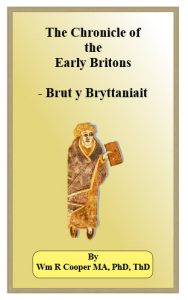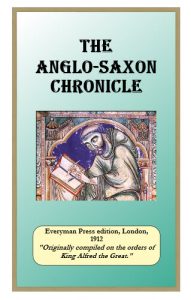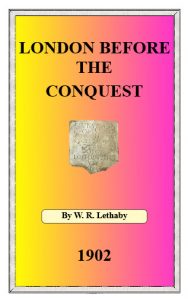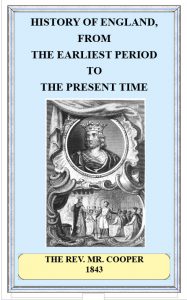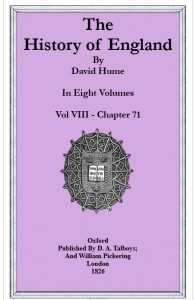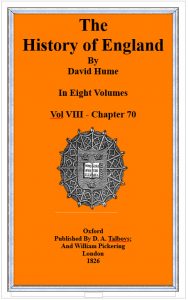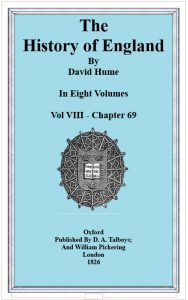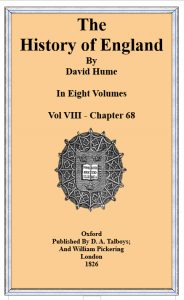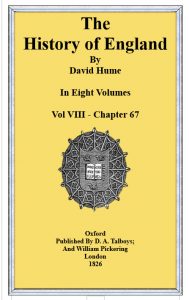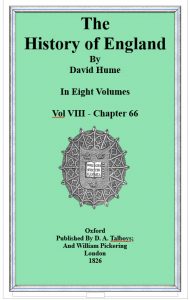THERE lies in an Oxford library a certain old and jaded manuscript. It is written in medieval Welsh in an informal cursive hand, and is a 15th-century copy of a 12th-century original (now lost). Its shelfmark today is Jesus College MS LXI, but that has not always been its name. For some considerable time it went under the far more evocative name of the Tysilio Chronicle, and earlier this century a certain archaeologist made the following observation concerning it. The year was 1917, the archaeologist was Flinders Petrie, and his observation was that this manuscript was being unaccountably neglected by the scholars of his day. It was, he pointed out, perhaps the best representative of an entire group of chronicles in which are preserved certain important aspects of early British history, aspects that were not finding their way into the published notices of those whose disciplines embraced this period.
After all, he opined, it is not as if this chronicle poses any threat or particular challenge to the accepted wisdom of the day. On the contrary, it illuminates parts of early British history that are otherwise obscure, and in one or two places sheds light where before there was only complete and utter darkness. So exactly why this chronicle was so neglected in Flinders Petrie’s day, and indeed why it continues to be omitted from any serious discussion more than eighty years on, is one of those strange imponderables of life.
Doubtless there are a thousand reasons why historians pay no great heed to this ancient record, but that is no sufficient cause why it should go unread at all. Whether this passage or that is historically reliable or no are matters for scholars to wrangle over, and this they may do to their hearts’ content. Indeed, certain points of this chronicle’s historicity are considered in the appropriate chapters of After the Flood (see Appendix II). But, degrees of historicity or otherwise notwithstanding, the most important consideration of all is that our ancient forebears believed it to be a true and honest account. This is how they saw their world and the past which led them to it, and this is the literary heritage that they have taken such pains to pass down to us. For that reason alone, their work should be read and admired – yes, and studied too – and towards that end the following translation of the manuscript has been made.
I see no good reason why these ancient voices should be consigned to such oblivion when they have such a rich story to tell – a tale which weaves a veritable tapestry of kings and battles, triumphs and disasters, about which not one of us has heard at our school desks and which have waited many centuries to be told. It is a history that begins with the Fall of Troy. It tells of fortune and cunning, of heroism and cowardice, of chivalry and murder, of loyalty and betrayal. It concerns the birth of a people, the settling of an island, the succession of their kings, and the timely correction of their sins under the chastising hand of God. We hear of Romans and Saxons, of Picts, Scots and Irish, of witchery and plague, of idleness and plenty, invasion and security. Traitors, kings and tyrants walk side by side over its pages, and there can be few accounts from any age or nation that can come near to challenging this ancient chronicle either for high drama or the sheer power of its narrative.
For the reader or student who wishes to delve further into the chronicle, there are copious footnotes added which deal with points of linguistic, historical, geographical and other concerns. Some of these notes will answer questions, whilst others, it is greatly hoped, will raise them. Either way, interest and inquiry will be stimulated towards a most important yet too little known aspect of our literary heritage, and if the present translation contributes something at least towards that end, then I shall consider its job well done.
